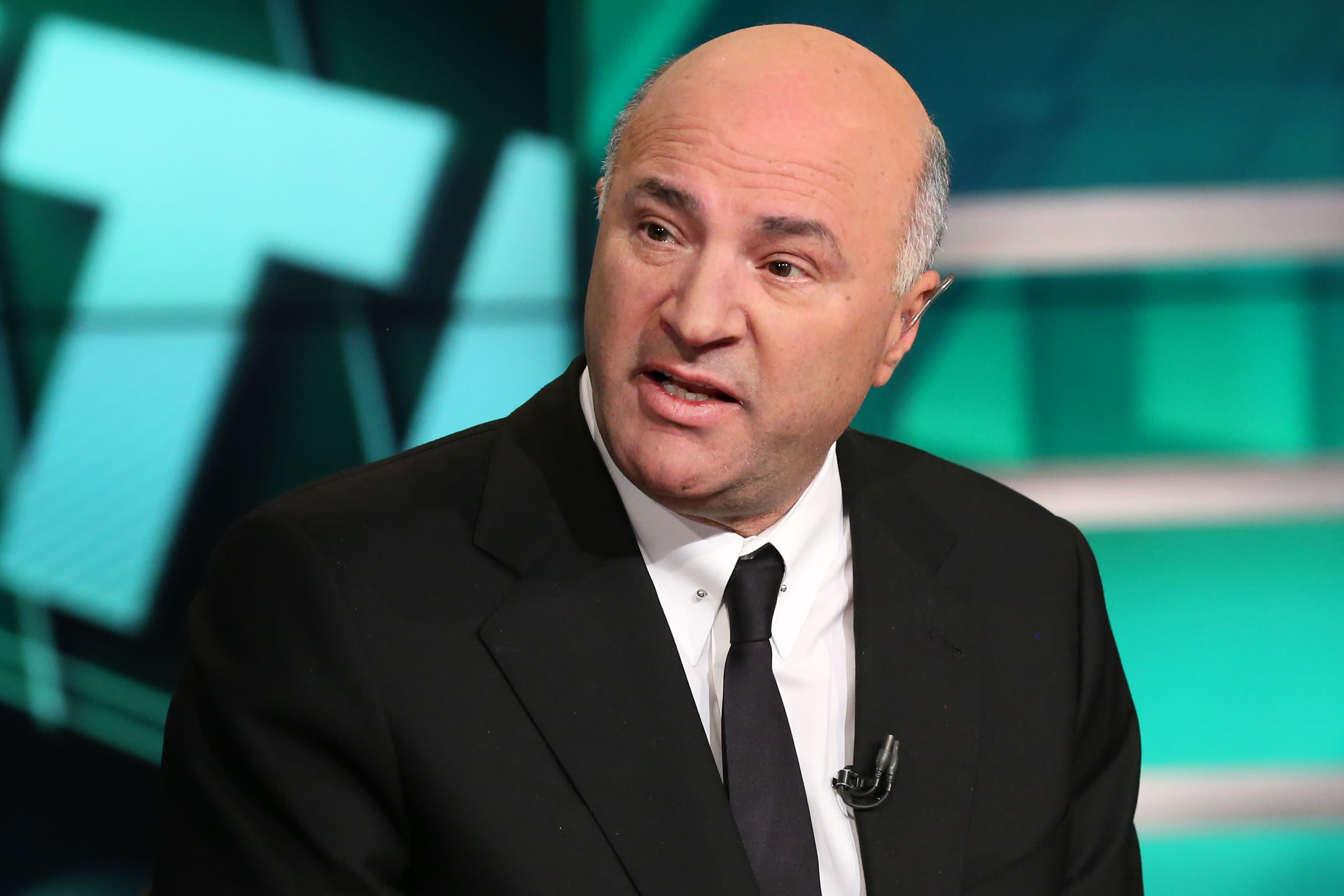Many businesses are using “the pandemic as a cloak” to cut jobs that they had wanted to cut even before the coronavirus outbreak, “Shark Tank” investor Kevin O’Leary told CNBC on Wednesday.
“Their jobs will never come back,” O’Leary said on “Squawk Box.” ”This is great for earnings in the S&P. It’s not great for employment.”
O’Leary said that mandatory closures in particular — put in place by state and local governments to help slow the spread of Covid-19 — can be used by businesses as cover to scale back their employee count going forward. “They wanted to do this anyways, and they’re doing it under the cloak of, ‘Gee, I can’t open so I’m just going to do it.'”
Tens of millions of Americans have filed for unemployment insurance since the coronavirus pandemic began to intensify, but a large share of those filing for claims have said they believe their layoffs will be temporary. There were 15.3 million unemployed people on temporary layoff in the May jobs report, a decrease of 2.7 million from the month prior, according to the Labor Department.
However, permanent job losses rose by 295,000 in May to 2.3 million. Overall, the U.S. unemployment rate in May dropped to 13.3% from 14.7%, following a surprising gain of 2.5 million jobs that served as a positive indication of the economy’s recovery from the Covid-19 crisis.
‘At least 15%-20% of the jobs sitting in high rises will remain remote’
O’Leary said he also believes the coronavirus pandemic will usher in long-term changes for the commercial real estate industry, in part because of a greater adoption of remote working.
“As a demand factor, I think at least 15%-20% of the jobs sitting in high rises will remain remote because compliance and accounting and logistics, you don’t need those people in the office,” he said.
These trends, ultimately, are good news for the stock market since they will save companies money, said O’Leary, who is known as “Mr. Wonderful” on “Shark Tank.”
“I’m quite optimistic because I just multiply what I see happen in front of me in my own portfolio in terms of margin enhancement and I say to myself, ‘In two years, I bet the S&P has enhanced its margins by 5% or 6%,'” the Canadian businessman said.
O’Leary says many companies may not reopen stores in lower-tier malls
For example, O’Leary said some of his “Shark Tank” companies are going to dramatically reduce their retail footprint going forward. He said that will mostly impact locations in lower-tier retail properties.
“Here’s the trick, and I think the market is kind of sussing this out, you can lose half your sales, half, which represented your retail business, and if you’re able to capture that customer direct, you’ll make the same cash flow because now you’re making 100% margin instead of 50%,” he said.
O’Leary, who also is chairman of O’Shares ETFs, said he believes this trend toward digitization is why companies such as Amazon, DocuSign and Facebook are have seen their stocks go higher during the pandemic. ”They’re not crazy valuations. They are the engine of transition, and that’s why the market is buoyant,” he said.
Disclosure: CNBC owns the exclusive off-network cable rights to ″Shark Tank,” on which Kevin O’Leary is a co-host.
